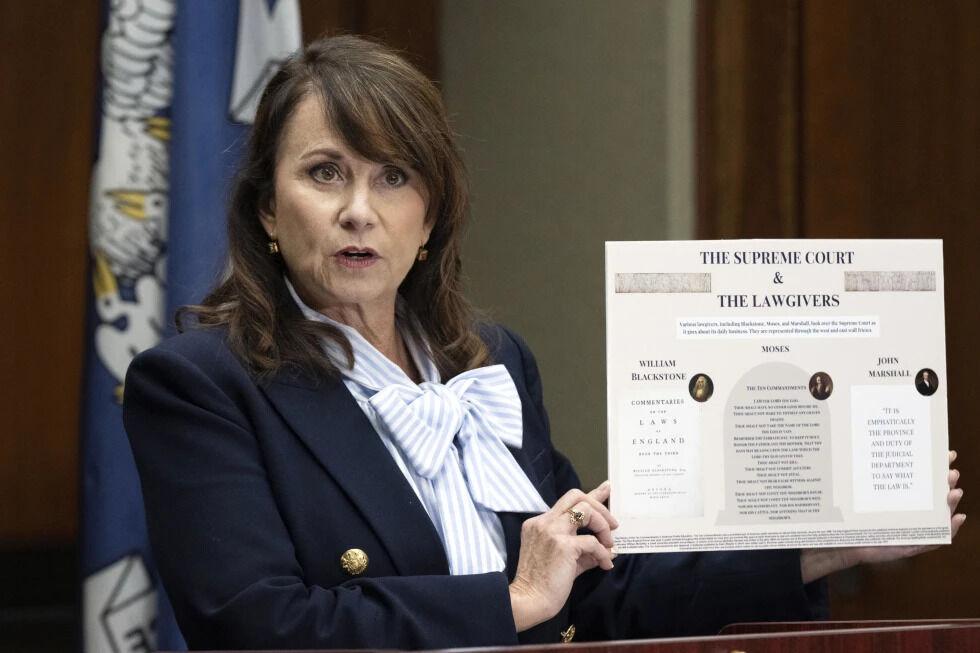Dark side of street life captivates ‘Opera’audience
Don’t let the title fool you, “The Threepenny Opera” is not an opera at all. In fact it is a dark, satirical musical
exposing the underbelly of Victorian London.
Bertolt Brecht, playwright and lyricist, holds nothing back as he presses his realist, communist beliefs into the dialogue. Notorious for his innovative theater techniques, he never lets the audience feel sorry for any of the characters. Instead, Brecht bluntly presents a more pragmatist interpretation of what the life of a beggar or criminal is about.
Set in 19th century London, the gritty musical drama focuses on the notorious criminal Macheath, played by Arlando Smith, and the corrupt society in which he operates along with his cadre of women. Macheath, also known as Mack the Knife, is a hard criminal with an impressive repertoire of transgressions. He marries Polly Peachum, played by Casey Leigh Thompson, without the permission of her parents. Mr. Peachum, played by Nathan Frizzell, the man in charge of all the beggars of London and Mrs. Peachum, played by Marcia Melius, soon conspire to have Macheath brought to justice through a series of ridiculous and sidesplitting events that make this play well worth seeing.
Consisting of a nearly all-student cast, “The Threepenny Opera” as presented by the LSU Theater was well done. Members of the cast running through the aisles, an actor trotting in the theater on horseback and superb singing made it feel like a professional acting troupe had taken over Claude L. Shaver Theatre.
Particularly impressing was Arlando Smith’s performance of Mack the Knife. Cool and collected, he owned the stage, sang with robust pride and held down his British accent along the way. Nathan Frizzell, who played the part of Mr. Peachum, convincingly held down his role as king of all beggars, and stage presence was of equal stature to that of Smith. The singing capabilities of the entire cast were strong as a live orchestra, headed by Terry Byars, backed them.
The set design, produced by F. Nels Anderson, was a skeletal assemblage of metal piping and catwalks, and Brent Glenn’s lighting designs accurately portrayed what was thought to be the slums of London. The three screens that lined the ceiling of the stage were well placed, and the phrases and pictures they displayed clearly brought out a vibe unique to the production.
The performance of “The Threepenny Opera” was also the culmination of 3 years of graduate training by director Alexander Harrington, who did a wonderful job of directing veteran student actors and newcomers alike.
To adapt this production is not an easy task and while set design, the actors singing capabilities and outright dramatic interpretation are extremely important, capturing the musicals relevance to modern society is also valuable, and LSU Theater did just that.
Mark F. Bonner
Dark side of street life captivates ‘Opera’audience
By Mark F. Bonner
February 22, 2002
More to Discover







